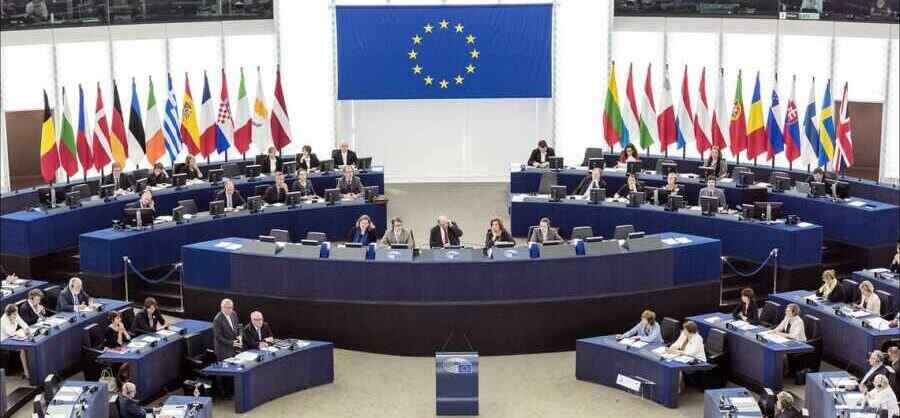The European Union, making decisions on the imposition of sanctions against Russian citizens, is based on information from open sources, such as Wikipedia. This is reported by Politico.
Politico examined a European Council document that purports to “provide evidence of the listing of certain economic actors, including businessmen, executives and managers, their family members and other persons doing business in the Russian Federation”. The US publication claims that the information it contains is based on “materials that appear to have been hastily taken from the Internet” and includes a table of Russia’s 2020 budget converted from DeepL, screenshots of websites and a link to Wikipedia.
The US publication emphasises that the European Council document includes spelling mistakes and the information component leaves much to be desired. Lawyers for the persons who have been placed on the EU sanctions list claim that the evidence cited by the European Commission is below the established minimum for getting on it.
In addition, Michael O’Kane, a lawyer at Peters & Peters law firm, said that the European Council, unlike the UK Foreign Office, is likely to base its sanctions list on blog posts or social media. The lawyer also said the European Council would be happy to admit information submitted by opposition groups.
“If you are going to move away from reputable and respected journalistic outlets, there needs to be a more thorough vetting of the sources of the information you want to rely on,” O’Kane summarised.

